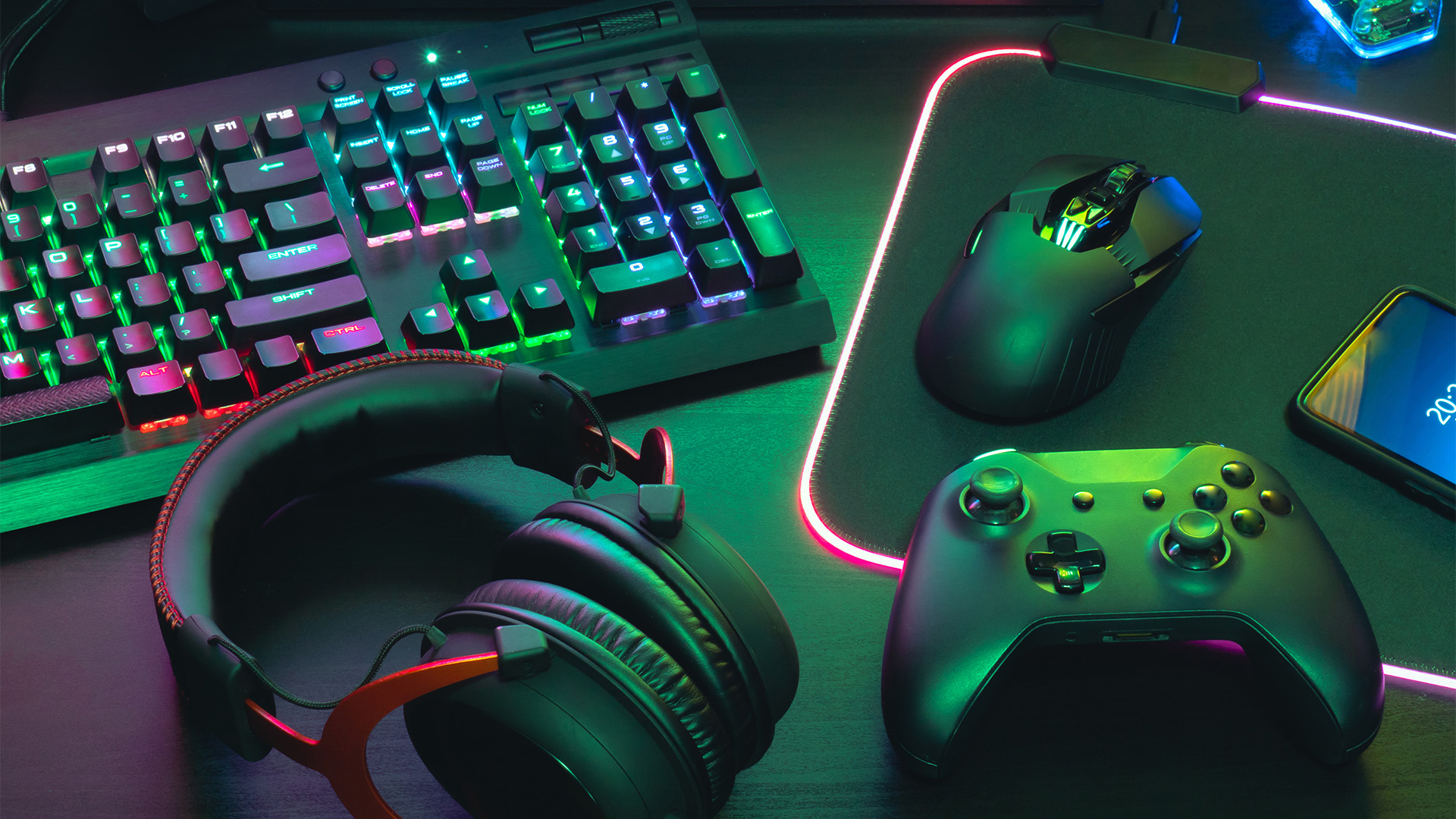Cheat software has long been a thorn in the side of game publishers. But does it also constitute a copyright infringement? In a landmark decision, issued on July 31, 2025, the German Federal Court of Justice (BGH) ruled that cheat tools that merely manipulate in-game variables in RAM - without altering the program code - do not violate software copyright under EU law.
The judgment, which follows a preliminary reference to the Court of Justice of the European Union (CJEU), has far-reaching implications - not only for the gaming industry.
The case: Sony v. Datel
Sony brought an action against UK-based Datel, a provider of cheat tools such as Action Replay PSP and Tilt FX. These tools allowed players to gain unfair advantages in games like MotorStorm Arctic Edge - for example, by enabling unlimited turbo or unlocking all characters. However, they did not alter the program code, but merely changed the contents of certain memory locations in RAM.
Sony argued that this constituted an unlawful modification under § 69c No. 2 of the German Copyright Act (UrhG) and the EU Software Directive 2009/24/EC.
After the Hamburg Regional Court initially ruled partially in Sony’s favour, the Higher Regional Court dismissed the claim entirely. The BGH then referred key questions to the CJEU for interpretation.
The legal question: What constitutes a “modification”?
At the heart of the case was the question: does changing RAM data during program execution - without modifying the source or object code - constitute a copyright-relevant modification?
The CJEU answered this question in the negative in its decision of 17 October 2024:
- Copyright protection for software does not extend to functional manipulation of variables stored in RAM.
- Such actions do not constitute reproduction or modification of the protected code or its copies.
- Therefore, no copyright infringement occurs.
The BGH adopted the CJEU’s interpretation of the Software Directive and ruled accordingly that no copyright infringement had taken place.
What the judgment clarifies - and what it doesn’t
What is clarified:
- Manipulating RAM data is permissible under copyright law, provided the code remains untouched.
- The scope of software copyright protection is limited to code and its copies - not to dynamic data in RAM.
What remains open:
- The judgment does not exclude the possibility that other types of cheat software may infringe copyright.
- Tools that modify the program code, circumvent technical protection measures, or create unauthorised copies may still constitute copyright infringement under EU law.
- The judgment leaves other legal avenues unaffected - particularly under contract law (e.g., EULA violations), competition law (e.g., unfair hindrance), or consumer protection law (e.g., misleading advertising).
Practical implications
The BGH’s decision has significant implications for both providers of cheat tools and the modding community, that is the users who modify games through their self-created extensions. While mods are often viewed as creative enhancements, they may qualify as adaptations under copyright law depending on the extent and nature of the intervention. The judgment helps delineate the boundary between lawful interoperability and unlawful manipulation.
For manufacturers, the judgment does not mean a general strengthening of their control rights over RAM manipulations. Instead, they must now differentiate between actions that alter the actual program code and those that merely affect transient data in working memory, which do not fall under the scope of copyright protection.
Final observations
The German Federal Court of Justice has provided a pivotal clarification regarding the copyright assessment of cheat software. The judgment establishes a clear limitation on the scope of software copyright protection in relation to manipulations of RAM data. It reaffirms the principle that only changes to the protected program code may constitute an adaptation within the meaning of Section 69c UrhG. In contrast, changes to transient data remain outside the scope of protection. This distinction contributes to greater legal clarity in assessing technical interventions in software, particularly within the gaming industry, where the boundaries between user creativity and developer rights are frequently contested.
Want more information?
For more information in relation to:
- Video gaming, see our video gaming thought leadership hub, Insights: Gaming.
- Technology regulation, see Inside Tech Law.
- Recent tech-related IP cases in Germany, see our publications:




